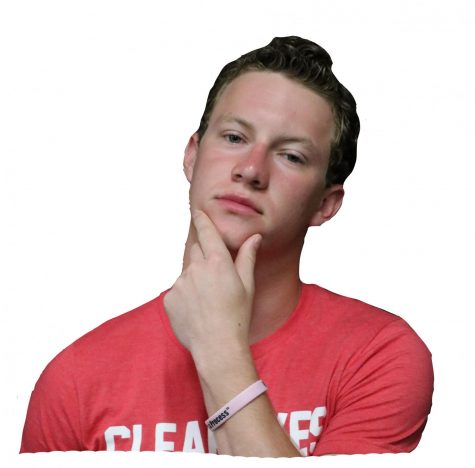Wealth advantages in sports parallel politics

February 22, 2018
Coaches, athletes and analysts say natural talent and a strong work ethic are all it takes to have success in athletics, but this limited and idealized view is simply false. Just as is true in American politics, money, class and connections are far better indicators for success in sports than any sort of inherent ability.
Take football as an example. Currently, players at all levels are trying to take advantage of the offseason as a chance to improve their game and get a leg up on the competition at training camp. Similarly, in public service, potential candidates are always gearing up for the next election cycle.
On the surface, football, like elections, appear to epitomize meritocracy. From Pee Wee to the NFL, players compete to see who is strongest, fastest, smartest or most hard-working. In elections of all sorts, candidates debate, create platforms and attempt to prove that they are the most qualified for the job.
But, the competition is not fair. Players at the youngest levels can hire personal trainers, get specialized coaching and gain a tactical advantage over their peers and opponents, given that their parents have the necessary cash and connections. This reflects the pay-to-play model of American politics. Too often those with the most money win elections, even when they are not the best candidate.
Hard work and skill are not what leads to success in professional sports either, simply because success does not mean playing well; success means making money. By definition, owners are the most successful sports figures in the world. Billionaire owners dish out seemingly massive contracts to players, but this is only a fraction of team profits. Players’ work ethic and talent hardly matter when the real winners are watching from the luxury box.
Just as in the American government, the few claim to represent the many, but in reality, the elite make decisions behind closed doors, profiting from the work of their players or constituents.
These systemic issues with sports culture may seem distant, but they still are felt at ETHS. Here, many players across sports receive specialized training and coaching dependent on their parents’ money or their relationships with trainers. Even when everyone is given a relatively equal chance to prove their mettle at practice, some athletes have already elevated their status.
Fortunately, for many ETHS athletes, along with strong in-school training facilities, centers like EFT offer group rates to student athletes with the drive to improve their game at a better price than personal training.
There is no simple or complete solution to these systemic issues in sports or politics. Receiving extra personal coaching and training is not easy to test for or ban, like performance enhancing drugs.
The best hope for athletes who cannot access personal training is the creation
and expansion of
more inexpensive group training centers.
As for solving the wealth and power issues of professional sports, strengthening player unions and reducing owner power though strikes and negotiation likely is the only answer. Just like politics, success in athletics comes at a price not all are able to pay.












